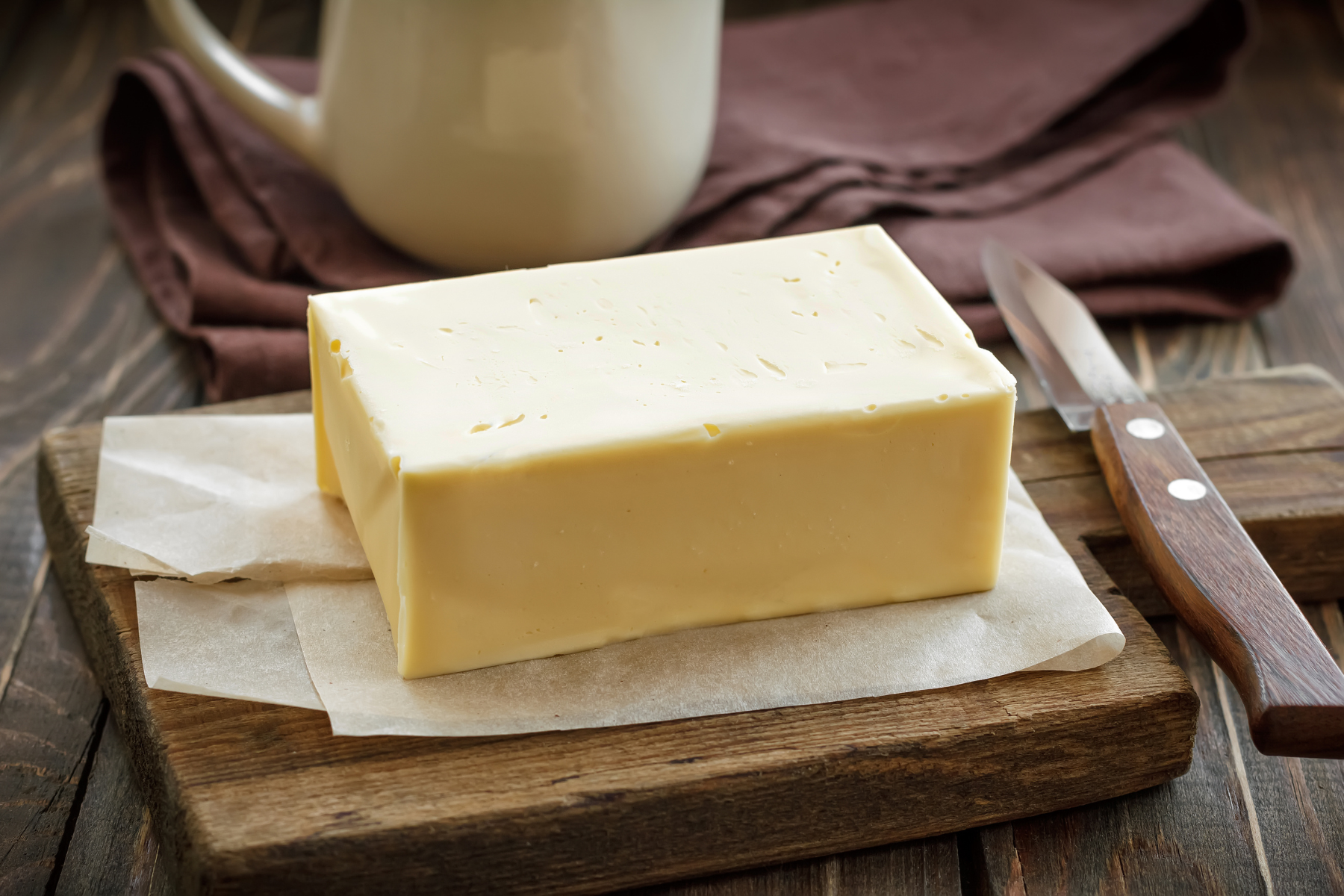
Eating Fat Does Not Make You Fat, Why This Old Belief Is Wrong
For decades, we were told to fear fat. Yet modern science shows that eating natural fats does not make you gain weight. The real culprits are high insulin levels, sugar, refined carbs, and processed foods. Doctors like Eric Westman, Paul Mason, Bart Kay, and Dr. Boz explain why fat is not the enemy and how including it in your diet can improve health, support weight loss, and reduce cravings.
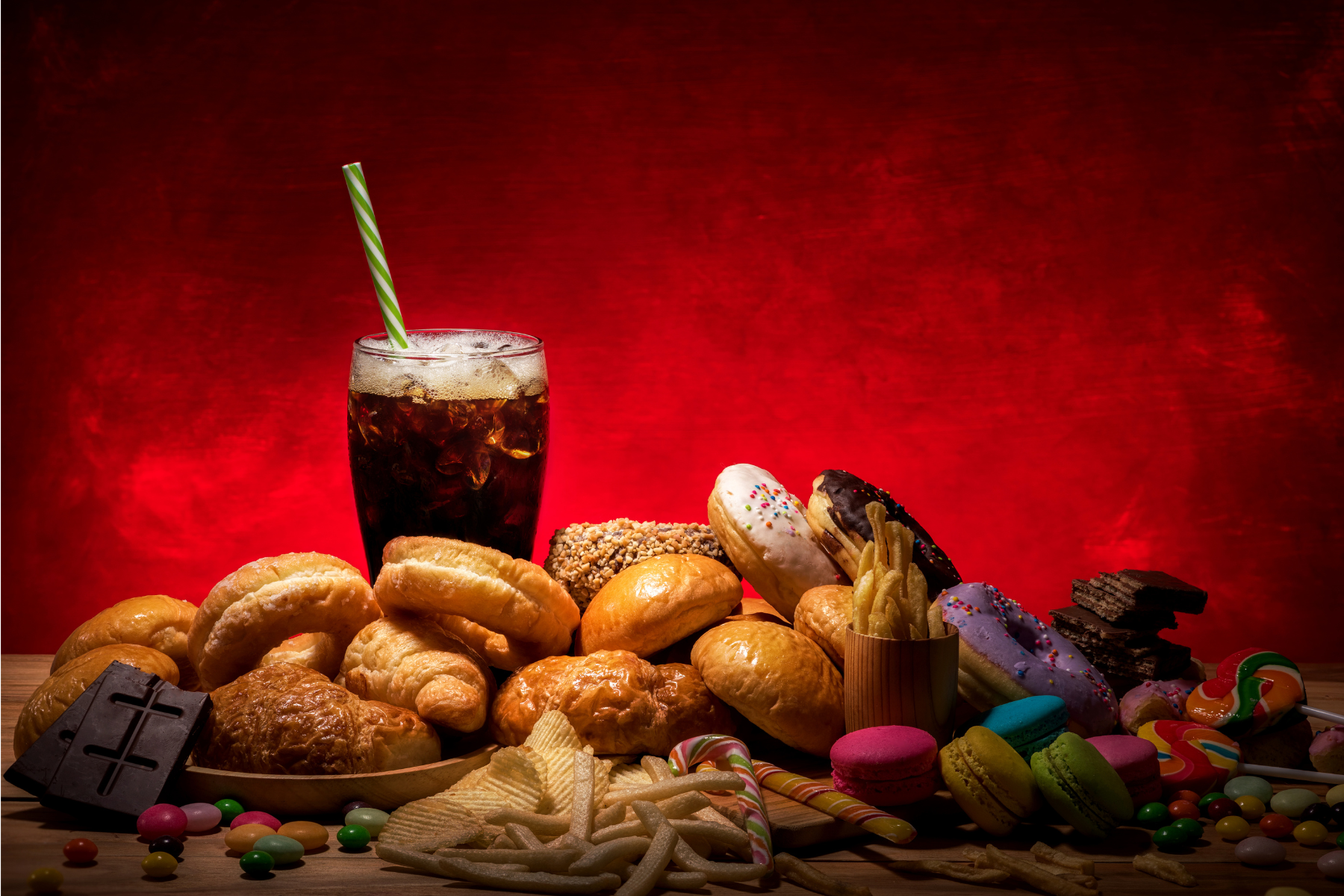
Food & Lifestyle Guides: Real-World Swaps and Simple Meal Plans
Ultraprocessed foods (UPFs) are products with a barcode, packed with additives, seed oils, sugar, refined grains, and chemicals. Engineered to be hyper-palatable with precise blends of sugar and fat, they drive cravings, harm metabolism, and provide little real nutrition. Learn why healthy swaps make a difference for your energy, hormones, and long-term health.
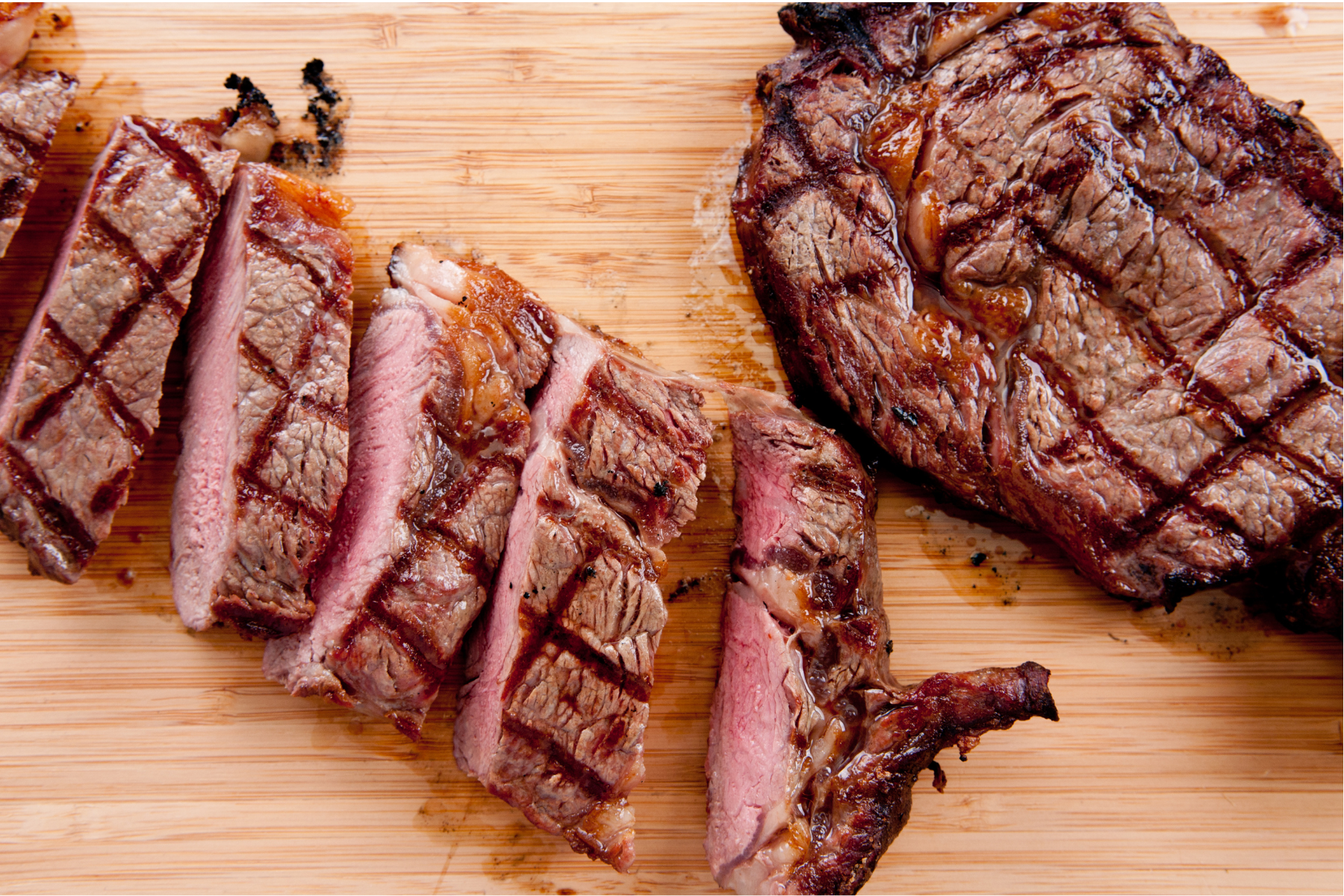
The Proper Human Diet: Grounded in Science and Human History
The proper human diet is simple: meat, fat, and whole, unprocessed foods. Written into our DNA and confirmed by history, this way of eating fuels strength, clarity, and vitality at every age. Aging does not have to mean sickness—when we align with our biology, we thrive.
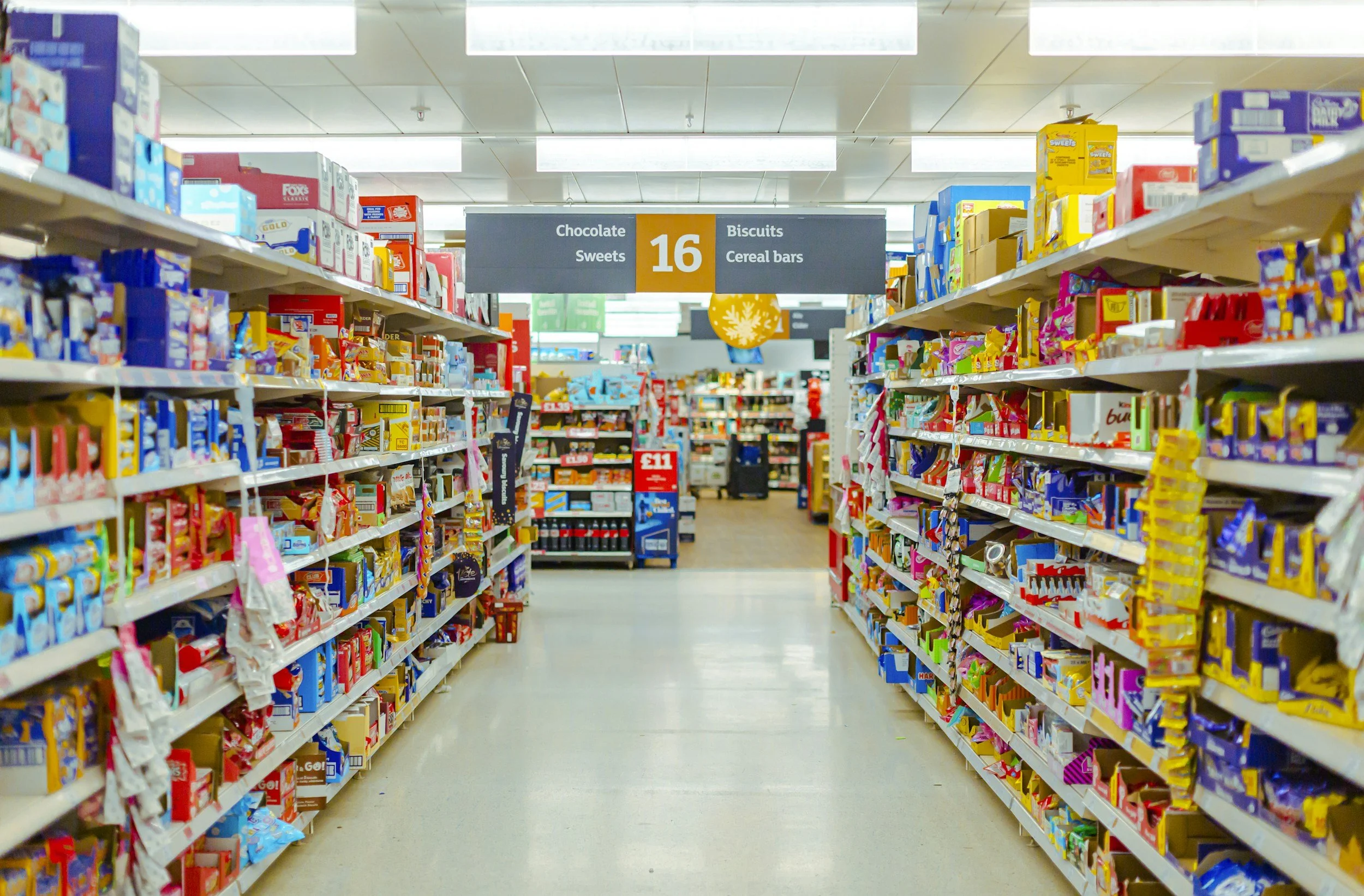
Ultra-Processed Foods: Health Risks, Profit Over Health, and What to Do
Ultra-processed foods are full of sugar, carbs, and chemicals. Learn the risks, why kids are most at risk, and practical ways to eat real food on any budget.
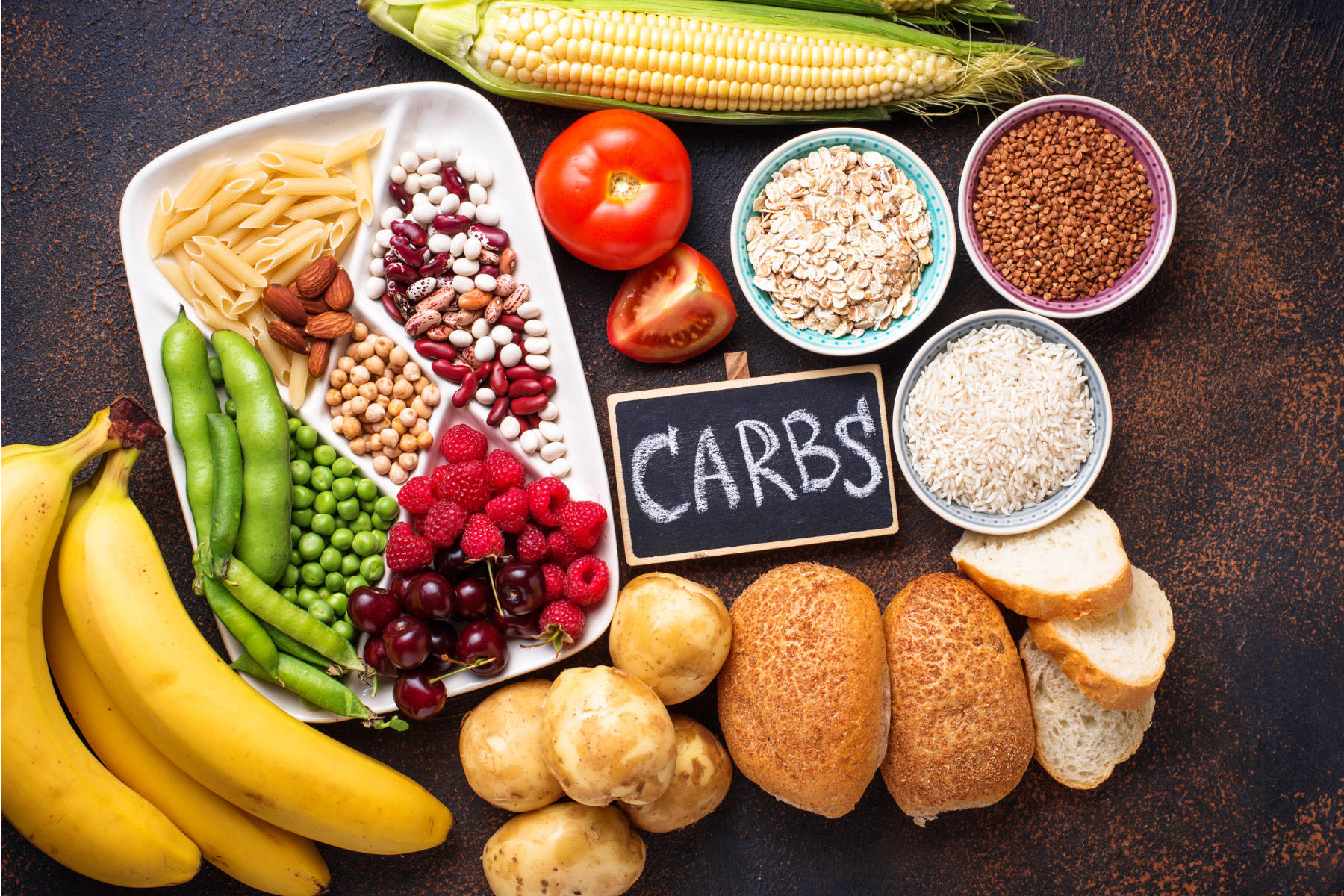
Why Carbs Aren’t Essential—and How Reducing Them Improves Health
Many believe carbs are essential, but science shows otherwise. Experts like Dr. Eric Westman and Dr. Paul Mason explain why your body thrives on protein and fat instead. Learn how lowering carbs improves weight, blood sugar, brain health, and reduces inflammation.

How Women Should Balance Fat and Protein on a Carnivore Diet for Weight Loss
Judy Cho’s approach to the carnivore diet helps women find the right fat and protein ratios for lasting weight loss. Learn why protein is non-negotiable, why women often start at 80 percent fat, and how to adjust ratios based on satiety and results. This guide explains the process step by step so you can protect muscle, support hormones, and lose fat without counting calories.
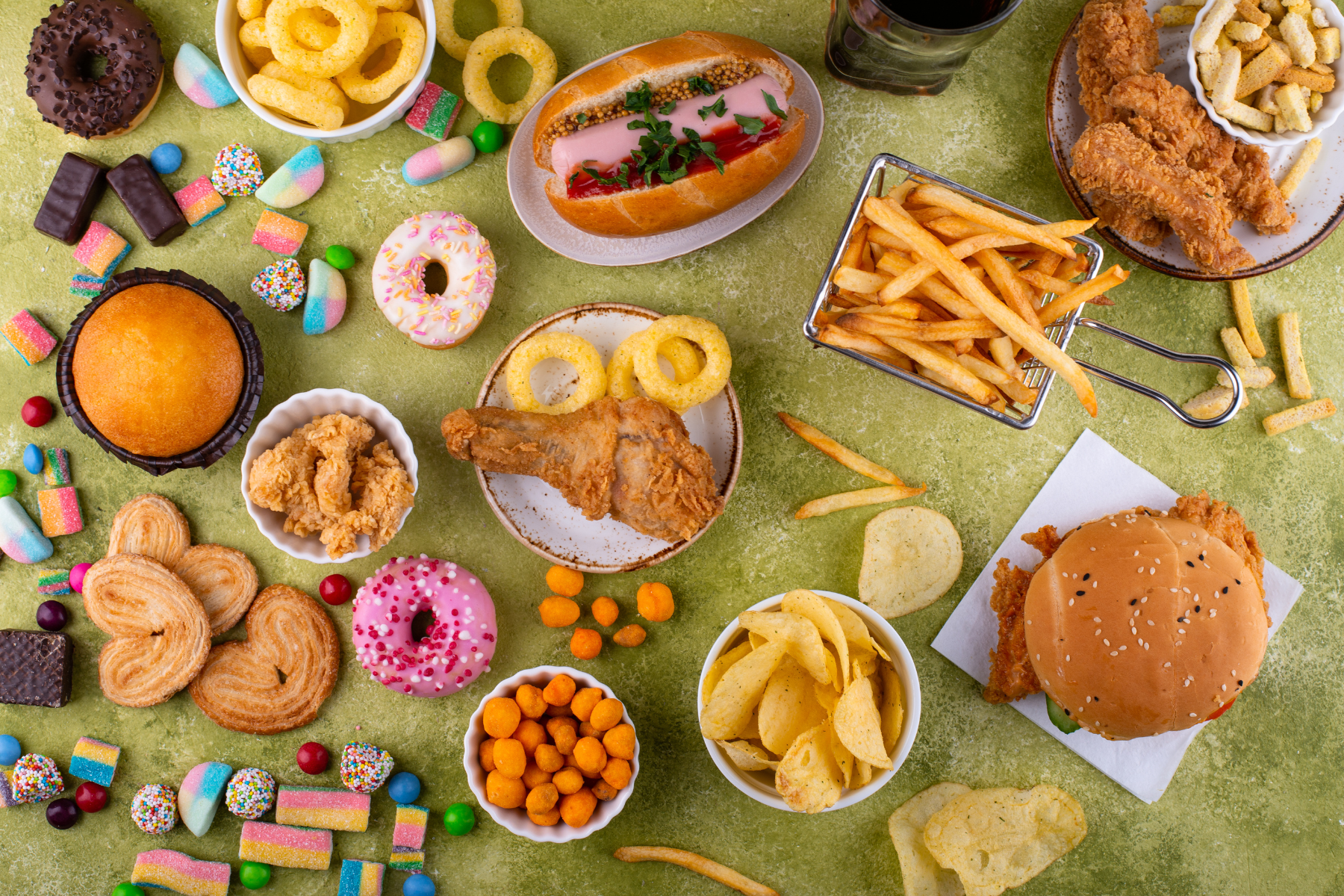
The Dangers of Mixing Sugar and Fat: Bart Kay on the Randle Cycle
Bart Kay explains why mixing sugar and fat is dangerous through the Randle cycle. This combination confuses your metabolism, drives fat storage, and leads to insulin resistance. Learn how separating fuel sources protects energy, weight, and long-term health.
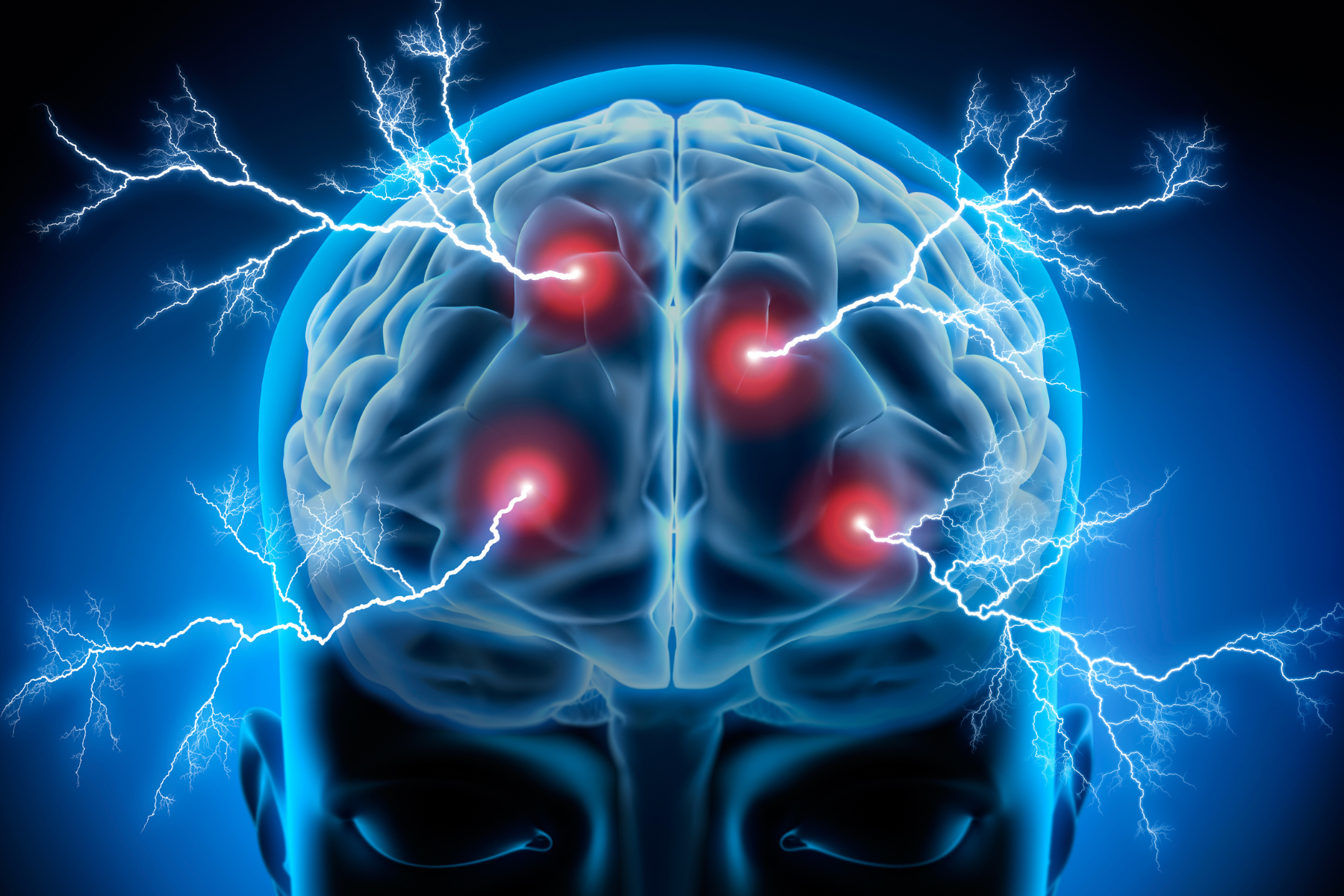
How to Change Your Brain’s Operating System With Diet
Change your brain’s operating system with diet. Psychiatrist Dr. Georgia Ede shows how food choices affect mood, focus, and mental health. Shifting from sugar and processed foods to protein, fat, and lower carbs helps the brain run on ketones, a steadier fuel than glucose. Research shows ketogenic diets improve cognition, reduce brain fog, and even bring remission in treatment-resistant mental illness.
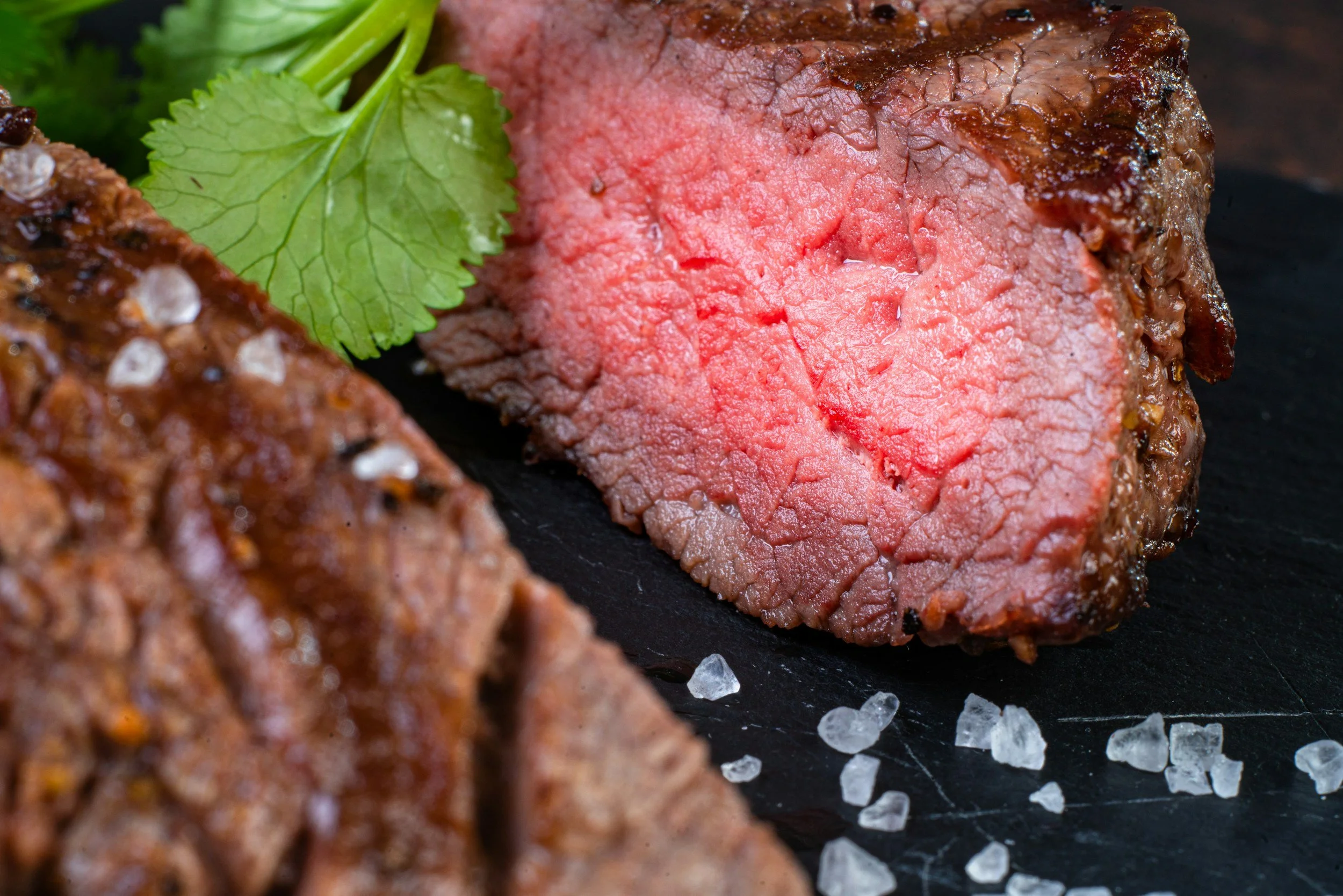
Carnivore Diet Rules: How I Transitioned From Keto to Animal-Based Eating
Learn the key carnivore diet rules I follow after moving from keto to animal-based eating. Practical tips on electrolytes, fat balance, digestion, and nutrient-dense foods.
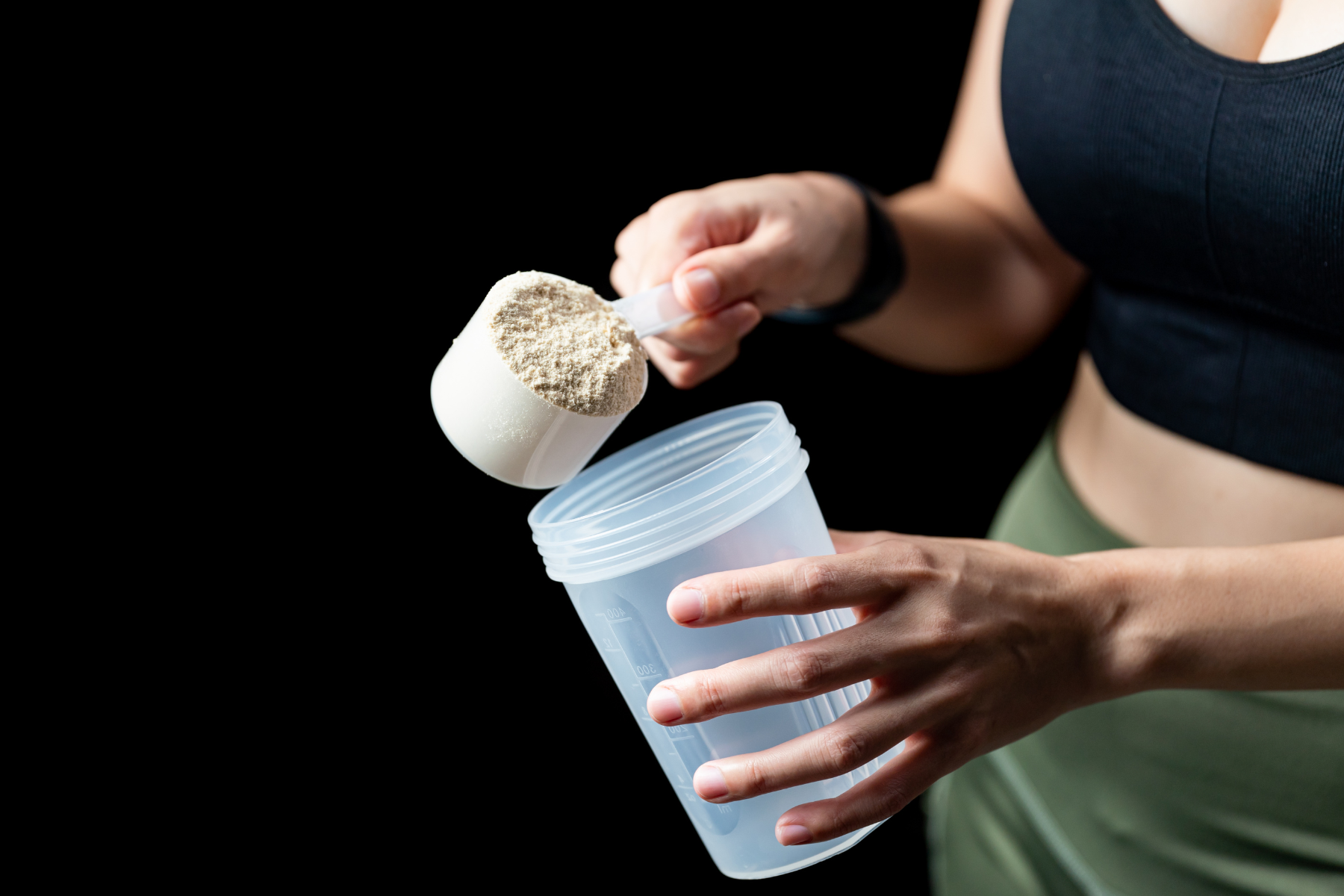
Whey Protein vs Animal Protein: Why Insulin Spikes Impact Both Body and Brain
Whey protein lowers blood sugar but triggers sharp insulin spikes that affect more than metabolism. Chronically high insulin is linked to fat gain, poor energy, and brain fog, while steady animal protein supports balanced hormones, muscle, and long-term brain health. Learn why choosing whole protein sources matters for both your body and your mind.
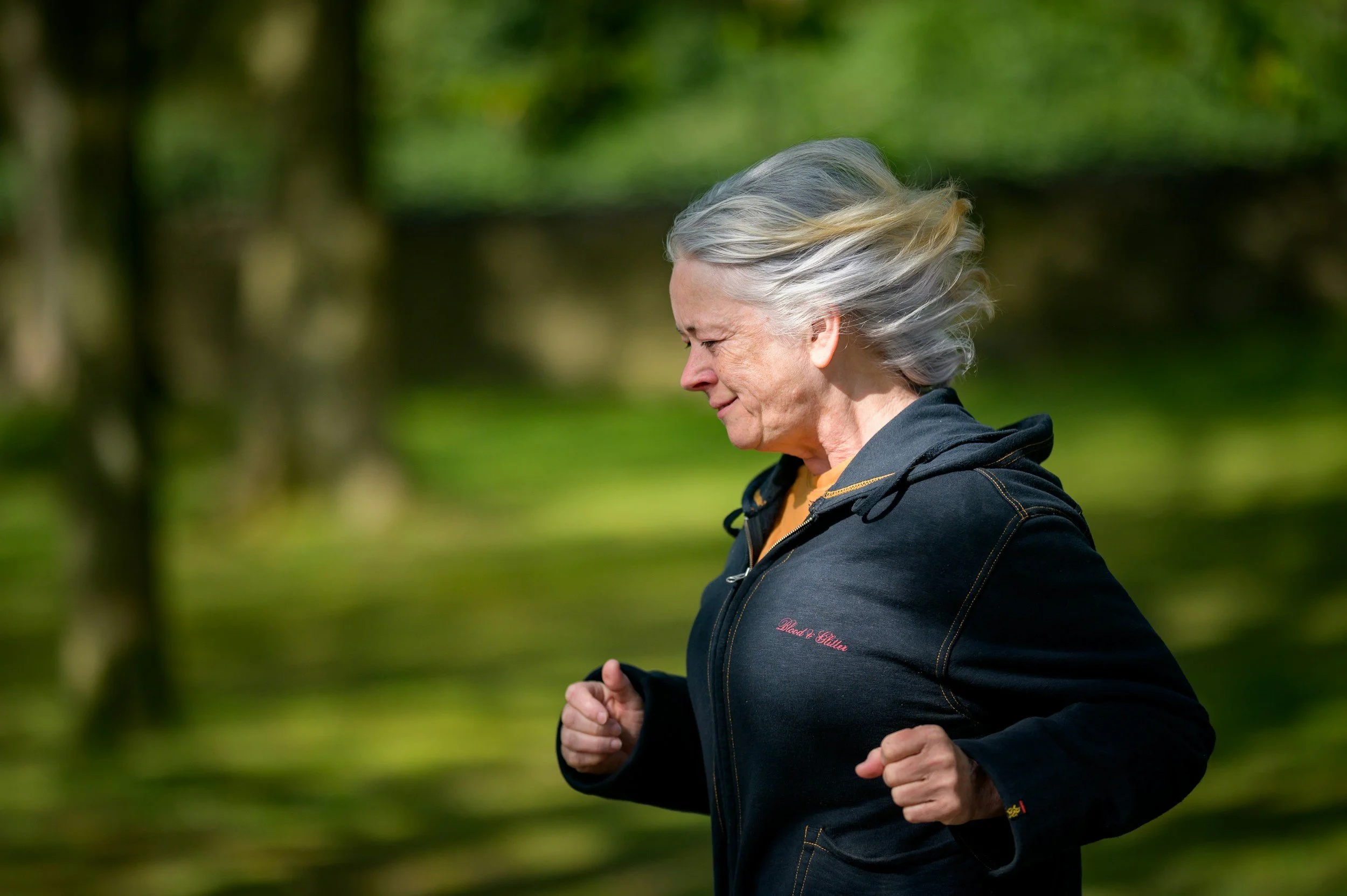
Protein vs Calcium: The Essential Nutrition Guide for Women Over 50
Women over 50 face unique nutrition needs as muscle and bone health decline with age. Protein becomes essential for preserving strength, supporting bone density, and balancing hormones, while calcium alone is not enough. Learn how much protein you need daily, the best food and supplement sources, and why spreading intake evenly matters. Combined with weight lifting, resistance training, and daily walking, a protein-focused approach helps women over 50 stay strong, independent, and energized for years to come.

When Oreos Outperformed Statins: The Study That Should Have Changed Medicine
Statins are the world’s #1 prescribed drug, but a shocking experiment showed Oreos lowered LDL nearly twice as much. Here’s what Dr. Nick Norwitz discovered—and why no one’s talking about it.
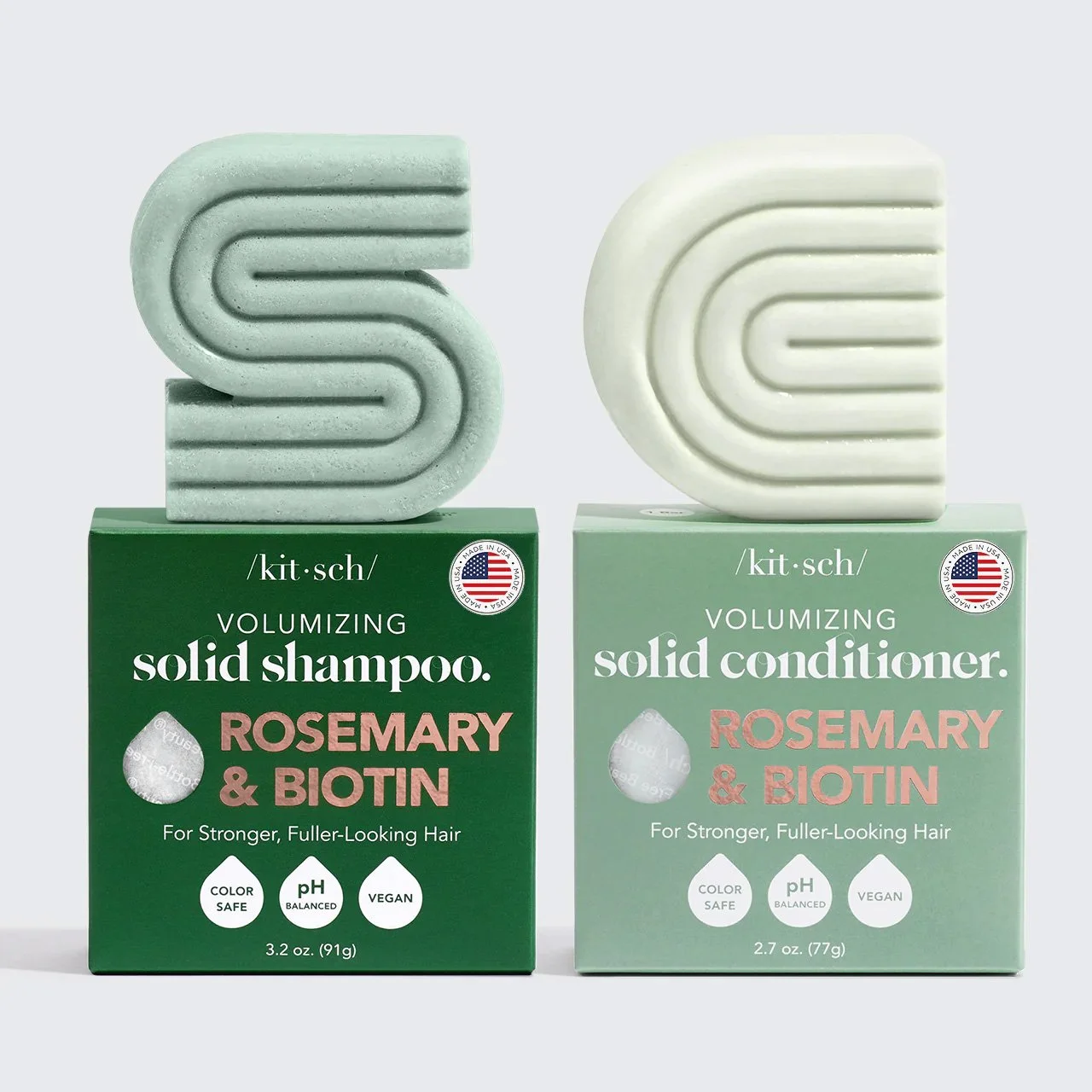
Why I’m Loving Kitsch Shampoo and Conditioner Bars
Discover why Kitsch shampoo and conditioner bars are a game-changer for clean haircare. Made with natural ingredients, cruelty-free, vegan, and eco-friendly, they leave hair soft, nourished, and refreshed without harsh chemicals.
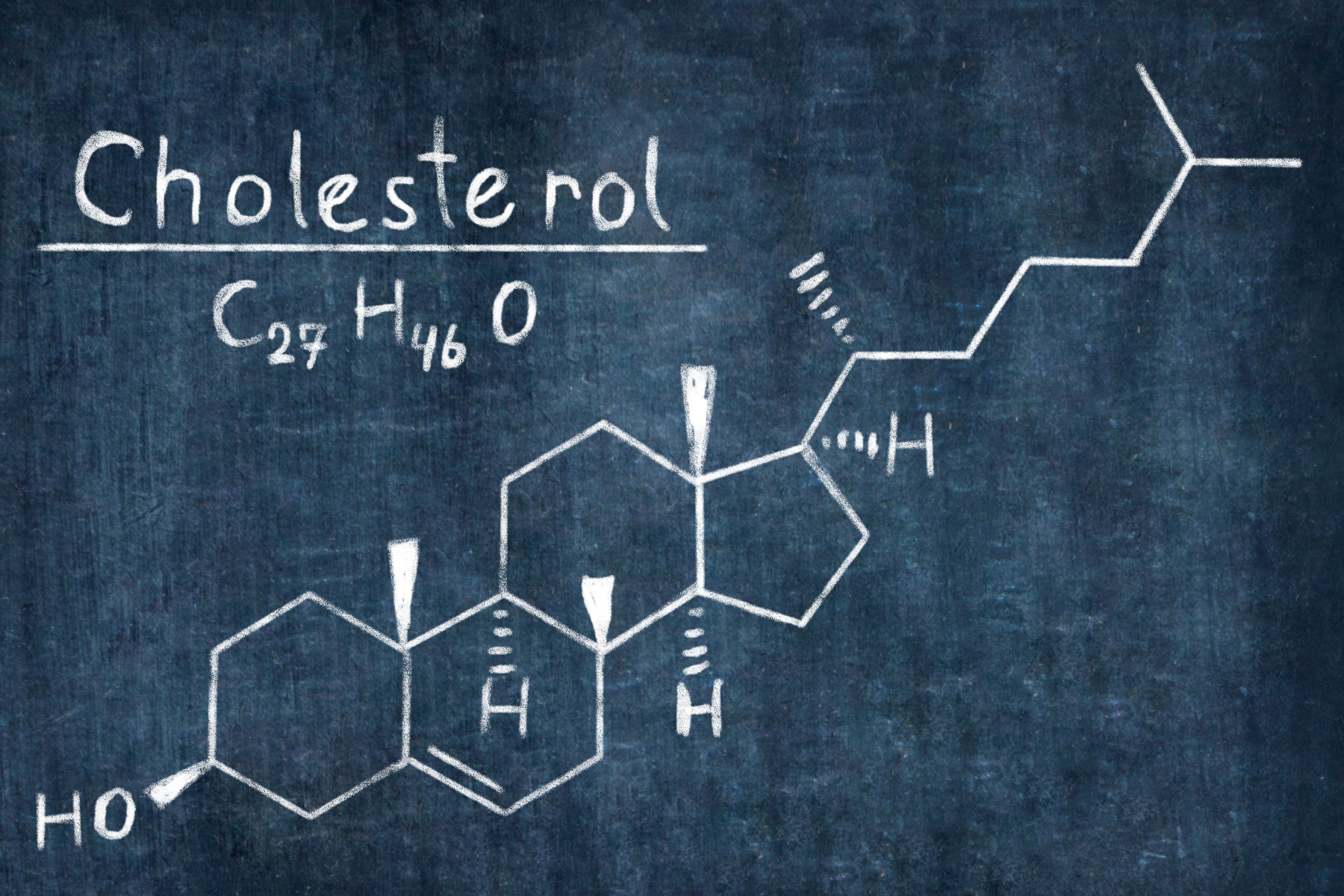
Lean Mass Hyper-Responders: One-Year Data That Could Shift the Cholesterol Paradigm
The new Lean Mass Hyper-Responder (LMHR) study challenges everything we’ve been told about cholesterol. Despite LDL levels averaging 254 mg/dL, most metabolically healthy participants showed no plaque progression after one year. As someone who has followed a low-carb and animal-based lifestyle for nearly a decade, I know firsthand how unsettling “high cholesterol” numbers can be. Yet this study suggests context—insulin resistance, inflammation, existing plaque—may matter more than LDL alone. Could this finally mark the beginning of a shift in the old cholesterol paradigm?
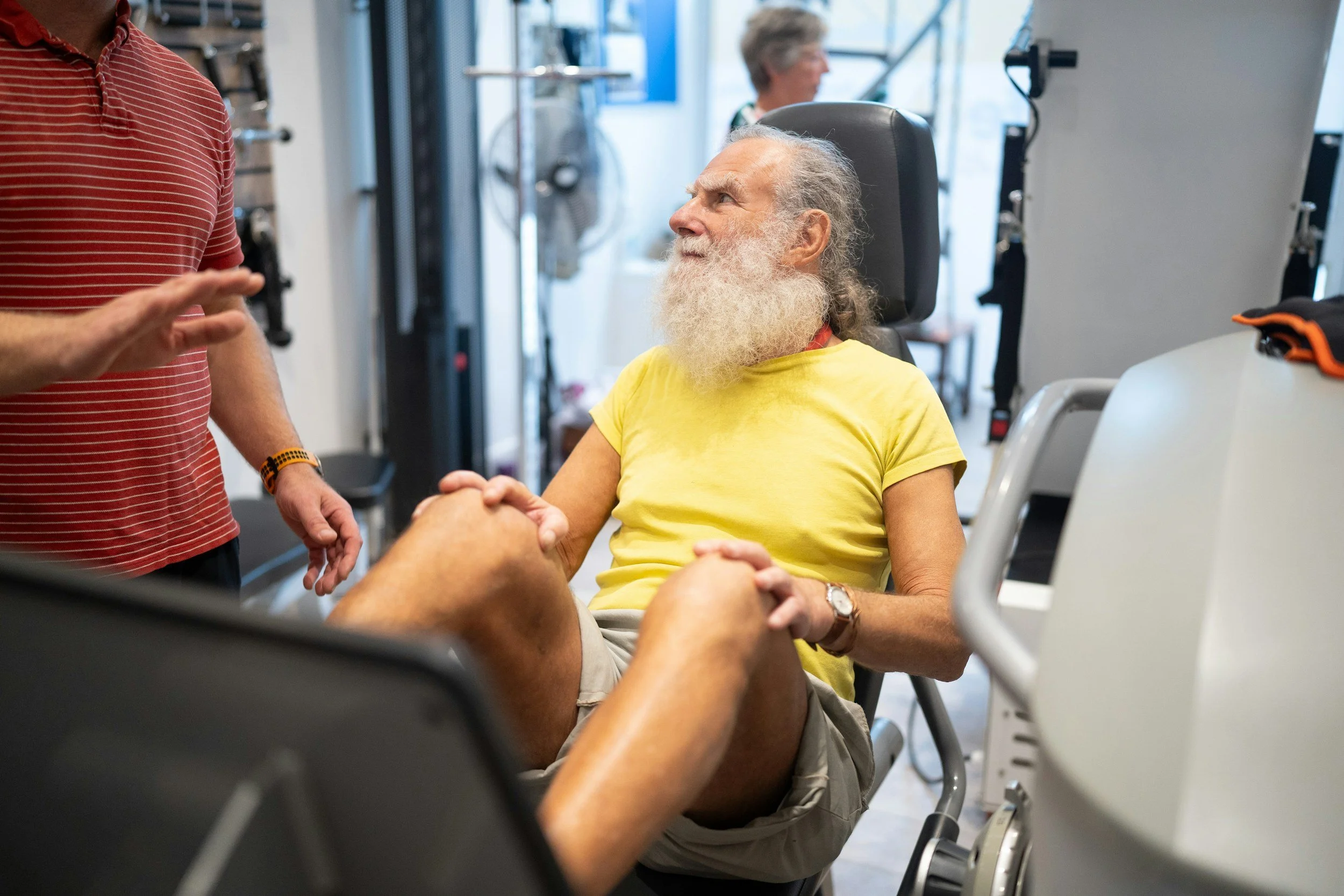
Why Protein Is Essential as You Age: Muscle Loss, Statins, and the Science of Staying Strong
Learn why protein intake is crucial for aging adults, how statins affect muscle health, and the science-backed strategies to preserve strength and independence.
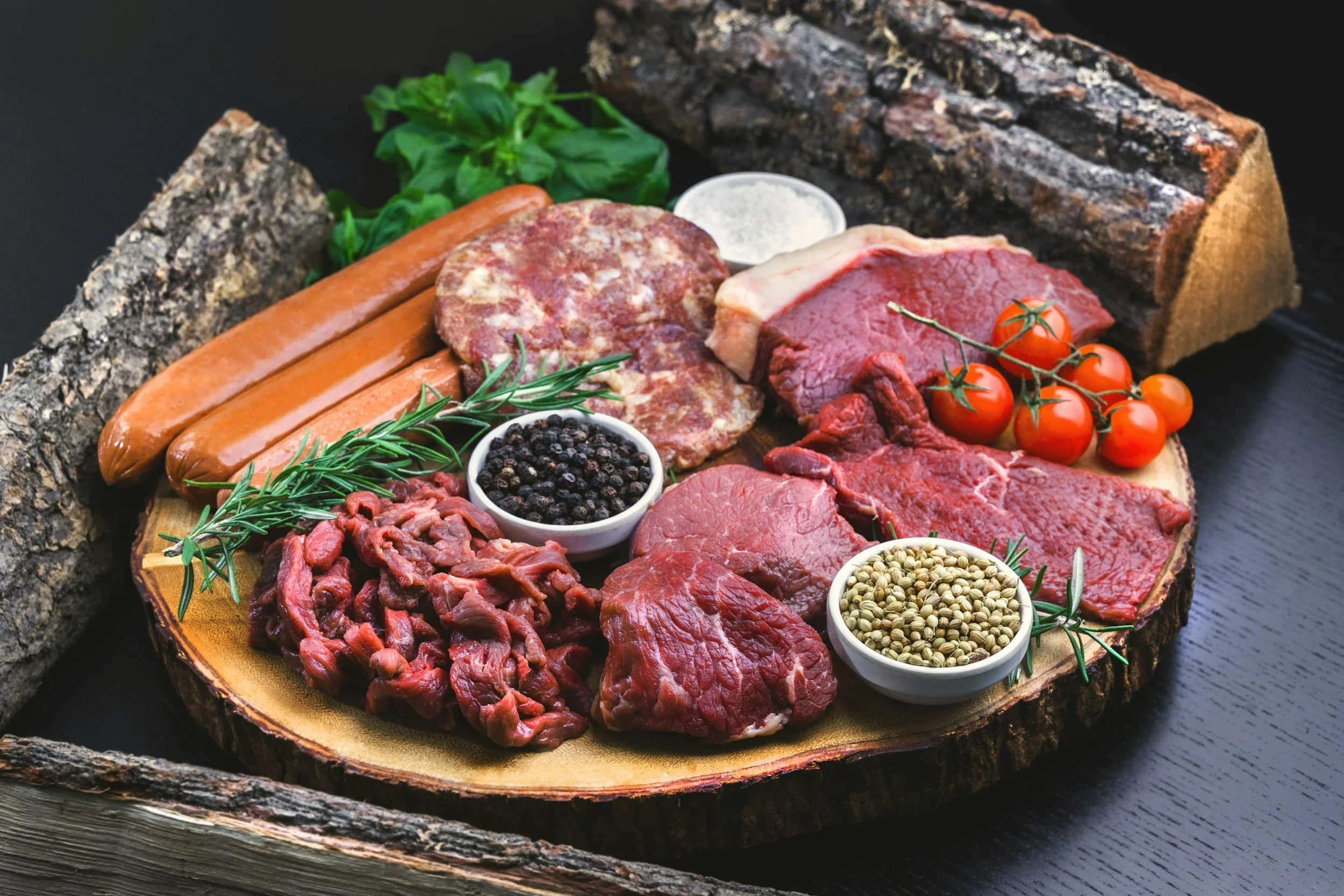
Animal Protein Is Not the Enemy: What a New Study Tells Us About Meat, Health, and Longevity
A new NHANES study shows animal protein is not linked to higher mortality. In fact, it may even protect against cancer. Learn why the red meat myths need to end and how a protein-rich, low-carb diet supports health and longevity.
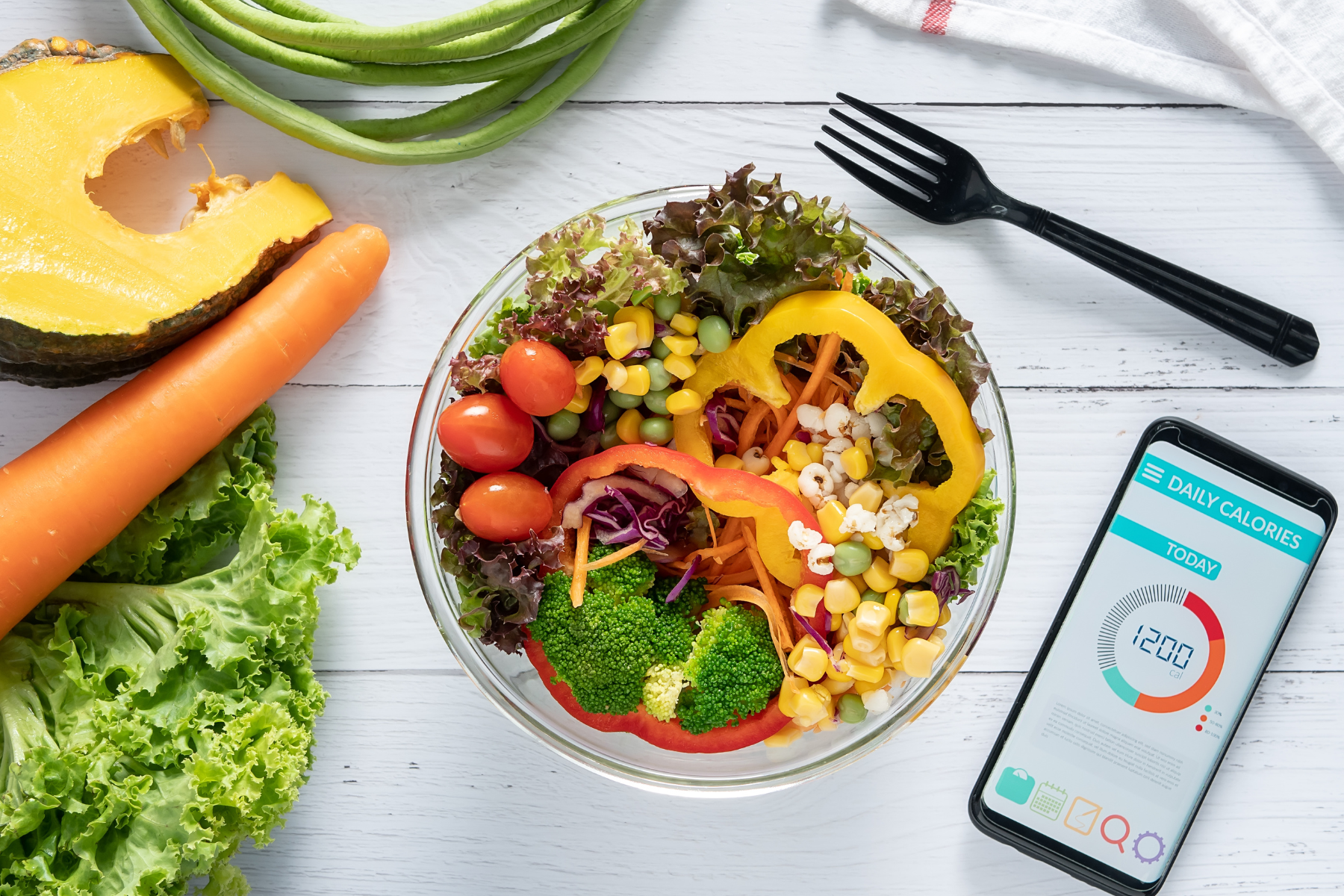
The Hidden Dangers of a Low-Calorie Diet: Why Eating Less Isn’t the Answer
Your body requires around 1500 calories a day just to function, yet diet culture tells us to slash calories without considering nutrition. A low-calorie plan built on salads, fruit, and packaged snacks may look good on paper, but it starves your body of essential protein and fat. The result is exhaustion, stalled weight loss, and eventual regain. Calories matter, but what matters more is the quality of those calories. Stay informed, question what you’ve been taught, and focus on food that truly nourishes.

Carnivore Kids: Why Animal-Based Nutrition May Be the Best Start in Life
Raising kids on a carnivore diet may sound controversial, but is it really? Babies are born in ketosis, traditional cultures thrived on meat-heavy diets, and animal foods provide the most nutrient-dense fuel for growth. Discover why an animal-first diet could be the healthiest foundation for children.

Constipation and Fiber: Why Adding More Makes Things Worse
We’ve been told for decades that fiber prevents constipation, but science tells a different story. A 2012 clinical trial showed that removing fiber actually resolved constipation in every single patient. Nutrition researcher Zoë Harcombe explains why fiber isn’t essential, how it can block nutrient absorption, and why history and cereal marketing—not science—gave fiber its false health halo. If you’ve ever felt worse after eating more fiber, you’re not alone. The fiber myth deserves to be questioned.
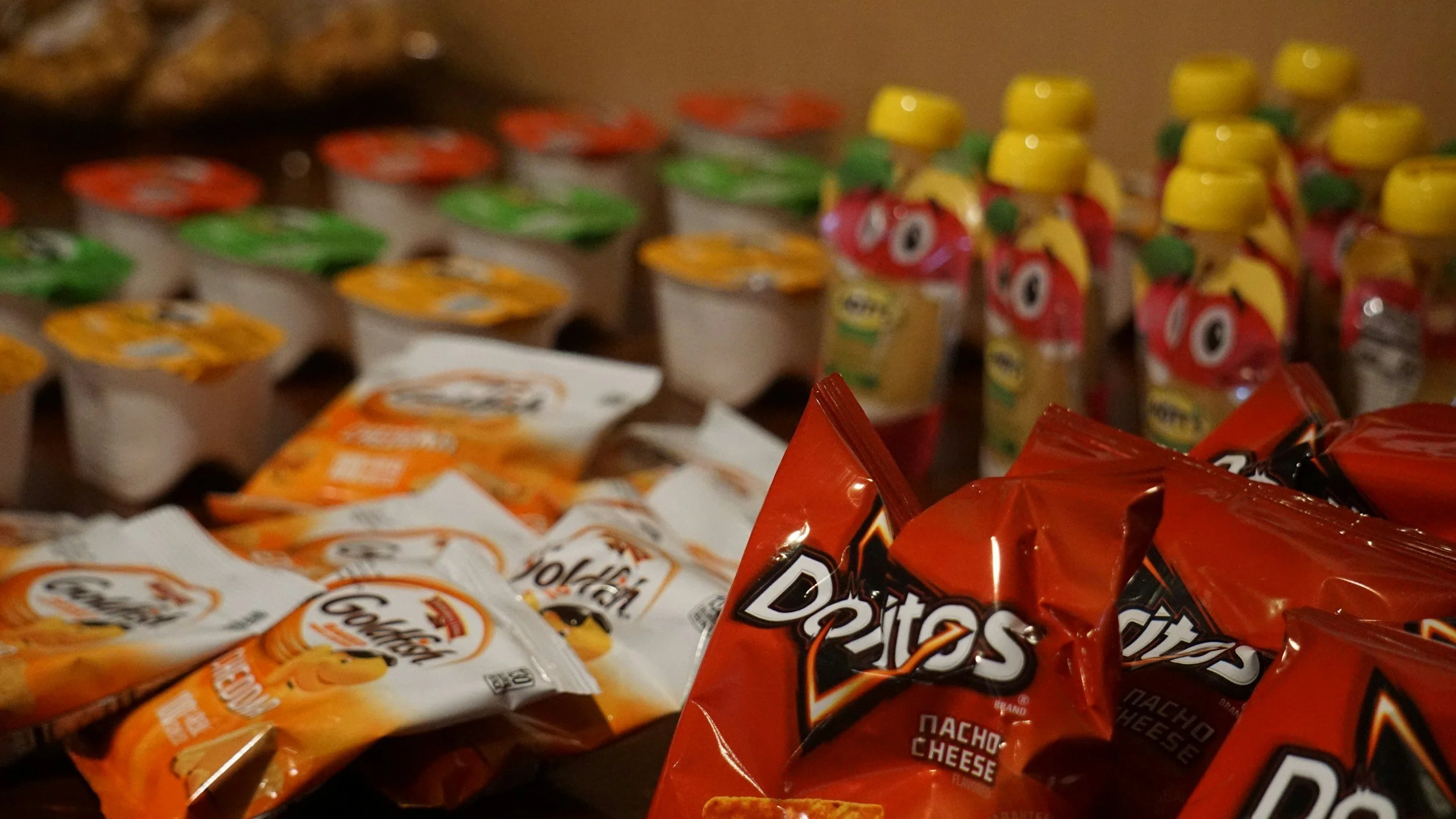
Food Addiction by Design: How the Industry Hooks Us on Processed Snacks
Food addiction is no accident. Processed snacks and ultra-processed foods are engineered to be addictive, with sugar, fat, and salt blended to hit the “bliss point” that keeps you craving more. From chips and cookies to ice cream and sweetened cereals, these hyperpalatable foods are designed for profit, not health. Misleading labels and tiny serving sizes hide the truth: they drive obesity, diabetes, and other metabolic diseases while offering zero real nutrition. Learn how to spot the tricks, break free from sugar and fat addiction, and take back control of your health.
